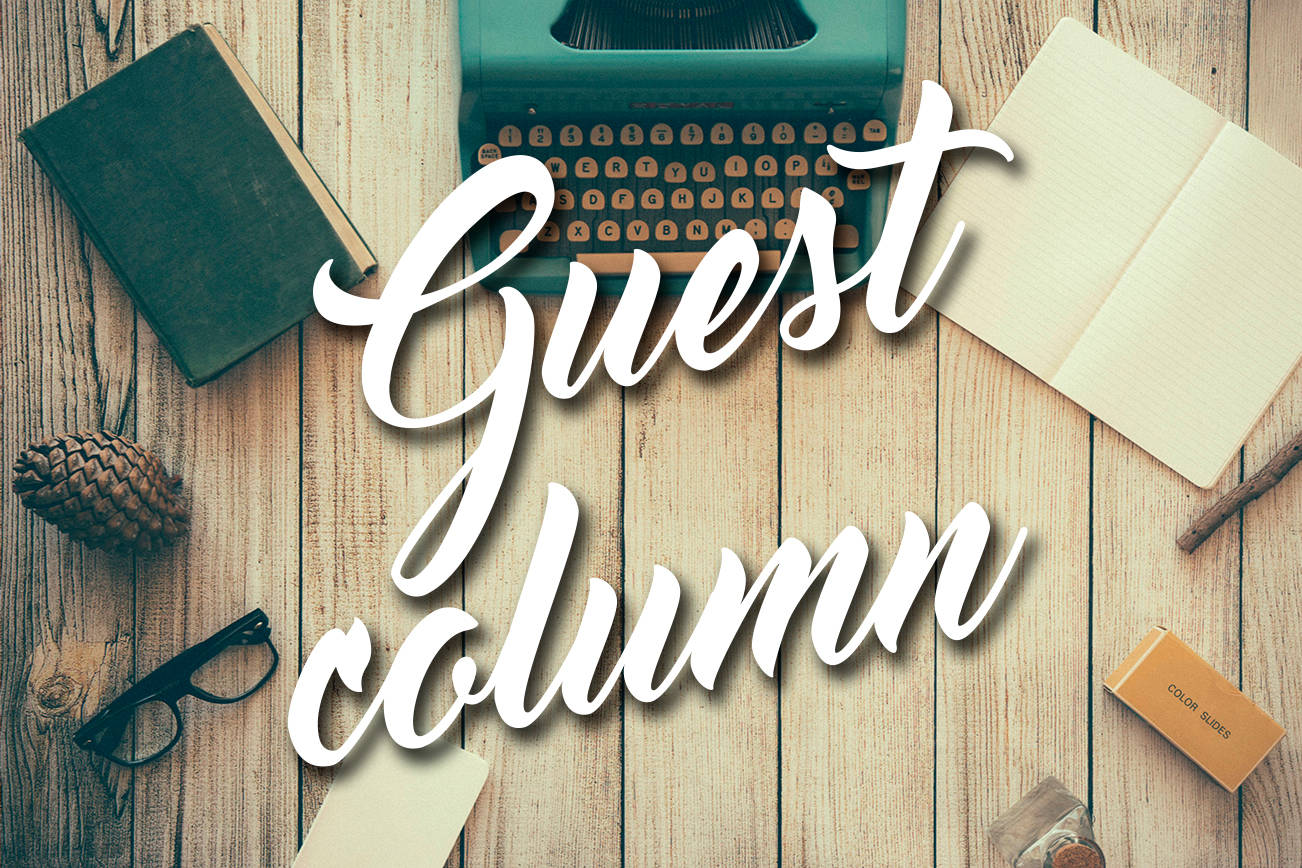By Rachel Newcombe
Psychoanalyst on Orcas Island
“Contagion is more than an epidemiological fact,” Priscilla Wald, in her book “Contagious: Cultures, Carriers, and the Outbreak Narrative.”
Rubber gloves, social distancing of at least six feet apart, avoiding nonessential travel, wipes with 70 percent alcohol. What makes us feel safe? One person’s face mask could be another person’s case of condensed milk. Recently I caught myself getting cranky and judging people who were taking what I felt was more than their share of paper towels and toilet paper.
“Hey, aren’t they being greedy?” I wondered. But my judgment came stampeding to a halt when I observed my own behavior.
When the announcement surfaced that the Orcas Island Public Library would be closing until March 31, I panicked a little; well, actually a lot. The library has always represented safety to me. The dependable order that accompanies the Dewey Decimal System. I love the prescient bookish library staff and the volunteers with their friendly greetings. I knew I had to make one last trip to the library to take out a few books. A few turned out to be seven. It’s not like I don’t have a stack of books at home, in my office, in my car, or have access to more e-books then I could read in a lifetime. But for me, having library books is what makes me feel safe. But perhaps taking out seven books was greedy. Guilty as charged.
It got me thinking, I can’t be the only one observing (or judging) what people stockpile to feel safe. Yes, for some it’s toilet paper, for others it might be extra loaves of Endswell bread from the Island Market or gathering almond butter from the Orcas Food Co-Op or maybe checking Brendan Cowan’s COVID-19 postings from San Juan Island’s Department of Emergency Management. There are concrete things we all do and collect to be safe – but to feel safe is different for everyone. It’s subjective.
Confronted with the current pandemic and the worldwide responses, what emerges is the universal experience of fear and the varying ways people respond to uncertainty. In the face of this uncertainty there is also an opportunity for compassionate responses as abundantly evidenced on our islands, with our stores, restaurants, organizations and individuals. There are dozens of stories of people’s willingness to assist individuals who may be reluctant to reach out for help.
Lyn McNulty asks us in her Orcas Issues Editorial March 17, We can do this, right? McNulty’s question is semi-rhetorical yet it’s also an open invitation to reflect on what is emotionally required to do this. How we respond or don’t respond to epidemics and disease will always be a form of cultural autobiography.
Closing I leave you with Wald’s words, “Disease emergence dramatizes the dilemma that inspires the most basic human narratives: the necessity and danger of human contact.” If you are interested in reading Wald’s book, I will ask the library to order a copy when they re-open. Even though it’s closed we can also support our local bookstore Darvill’s 360-376- 2135, owner Jenny Pedersen is taking book orders. I know this because I ordered a new book. Just in case.




